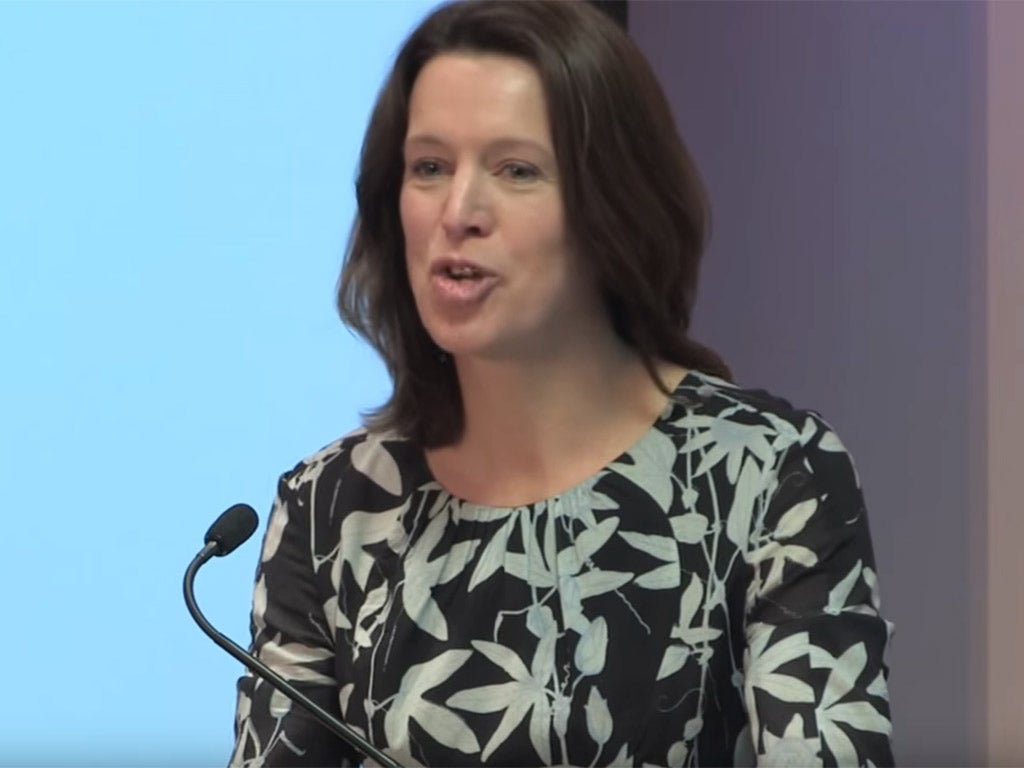Scotland’s Chief Medical Officer says patients should get more involved in deciding their medical treatment
Scotland's top doctor said doctors should engage patients in proper discussions about their care

Patients should get more involved in deciding their medical treatment and challenge the pervading “doctor knows best” culture which results in the over-prescription of potentially unnecessary drugs, Scotland’s Chief Medical Officer has suggested.
Calling for a new era of “realistic” medicine which accepted the limits of what drugs and clinicians could do, Dr Catherine Calderwood said doctors should engage patients in proper discussions about their care – which may result in them deciding not to be treated at all.
In her first annual report on the state of the nation’s health, she warned that the overuse of medical interventions was “of serious concern” at a time of restricted budgets. Fewer treatments may actually lead to a better quality of life for some patients, she argued.
“In striving to provide relief from discomfort, illness and death, modern medicine can sometimes over-reach itself and provide treatment that is of little long term benefit to the patient,” she said. “This is especially true when a person has multiple conditions, each of which has its own list of recommended medicines and treatments.
“Realistic medicine is about moving away from the ‘doctor knows best’ culture. It’s about more fully involving patients in the decisions about their care. Of course, this will only happen if people are prepared to have these conversations in this way with their doctors.”
Dr Calderwood, a consultant obstetrician who took on the role of Chief Medical Officer at the beginning of last year, also pointed out that doctors tended to choose fewer treatments for themselves than they offered to patients. “As doctors we should be asking why that is,” she said, suggesting that if patients were better informed then they would follow suit.
Her report said an ageing population with increasingly complex health needs has led to a “massively increasing volume of medication” being taken by the Scots each year, with 20 per cent of adults taking more than five medicines a day. Dr Calderwood said she hoped to open a “dialogue” with doctors over how to improve the health service.
Reacting to the report, Dr Peter Bennie, chair of the British Medical Association’s Scottish Council, cautioned against placing unrealistic expectations on the nation’s already overworked doctors. “We must recognise that morale amongst Scotland’s doctors is very low with workload intensity continuing to rise, and that this is likely to have an effect on how well doctors can respond to the needs of a changing healthcare service and growing patient demand,” he said.
Join our commenting forum
Join thought-provoking conversations, follow other Independent readers and see their replies
Comments